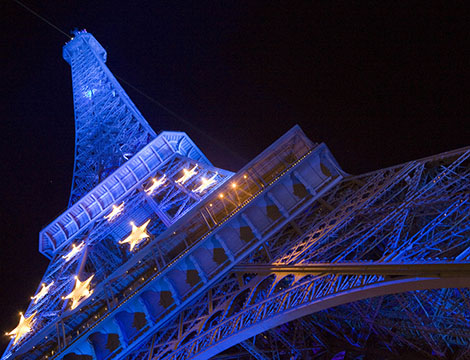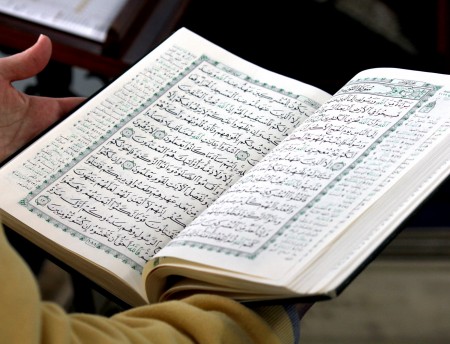
This article was originally published by the Australian Strategic Policy Institute’s The Strategist on 28 June 2016.
John Mearsheimer’s and Stephen Walt’s recent Foreign Affairs article advocating a return to offshore balancing is certainly generating a debate amongst the doyens of US foreign policy. Tom Switzer, for example, clearly likes their arguments. Dan Drezner doesn’t. So perhaps I ought to begin by outlining my own position. I accept the starting point for the Mearsheimer/Walt argument: the strategic mainstream is starting to fracture as America reprioritises its domestic agenda. But I don’t accept that offshore balancing—a strategy under which the US stays ‘offshore’ from Eurasia for as long as possible and, even when it comes onshore, makes its allies carry as much of the weight as possible—would lead to favourable outcomes for either the world or America.
Despite the Mearsheimer/Walt argument that ‘by husbanding US strength, an offshore-balancing strategy would preserve US primacy well into the future’, I don’t see how international observers would perceive offshore balancing as anything other than US retreat. And those perceptions would, in turn, fundamentally weaken the credibility of US security assurances to allies and partners. Critics would paint it as the waning of the Pax Americana, and not entirely without reason.




